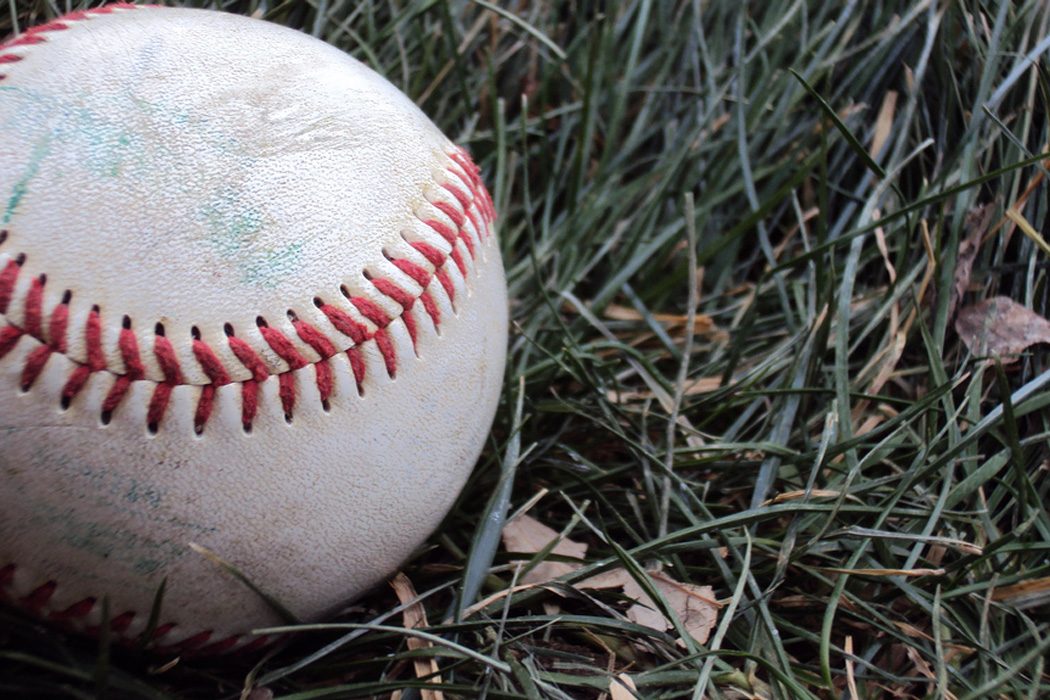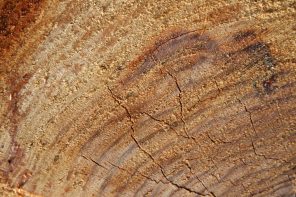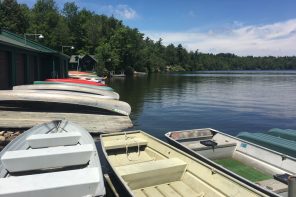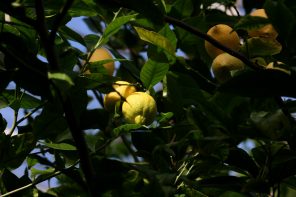Editor’s Note: We at Topology are currently on our annual publishing break. In the meantime, enjoy this bonus essay on the July theme of Roots!
I have no idea where my interest in literature and writing came from. My home wasn’t exactly a garden of literary delights. My parents were good and loving people who kept us warm and well fed, but “literary” is not a word I would use to describe them. Regular trips to the library for story time and stacks of books weren’t part of our routine. My mother was not one to hold us in her lap and read to us for hours, until we could recite whole stories verbatim. No shelves crammed full of books lined our living room, and the only reading material I remember lying around was the Lincoln Journal, an issue or two of Life Magazine, and the latest selection of the Readers’ Digest book club.
Nothing in my school life indicated a career even loosely associated with reading or writing either. The minute I stepped into my first classroom, I knew that public education and I were not going to get along. I never got used to the yellow light seeping out of the fluorescent tubes like aged shellac, or the stale smell of sauerkraut and hot dogs still lingering in the halls from last Tuesday’s lunch. Dick and Jane were complete mysteries to me, and their wimpy dog Spot wouldn’t have lasted a second in my neighborhood. No brilliant, expertly crafted essays sprang from my pen during high school, and the only institution that showed any interest in me after graduation was the United States Army, who offered me a free study abroad opportunity in Vietnam as soon as they could get their hands on me.
There was a place, though, where some seeds were scattered that influenced my literary life. It was a mangy little vacant lot at the end of my street. As far as I could tell, it was only used as a dumping ground for the snow that blew across the Nebraska plains and filled every crack and crevice in downtown Lincoln. In the spring, after the gritty and crusted piles broke down and dissolved back into the earth, the neighborhood kids gathered and cleaned out the broken glass and rusty nails and did a little raking to spruce up around the edges. When our dads looked the other way, we stole their lawn mowers and turned the lot into a ball diamond complete with base paths, a pitcher’s mound, and lush green outfields. Then we spent whole summers filling the sky with fly balls, back-handing sizzling grounders up the middle, and re-enacting to the smallest details the exploits of Maris and Mantle and Mays.
The lot was the perfect shape for playing ball, with one long street serving as a base and two others tapering into a rounded tip to form a perfect triangle, known to everyone in the neighborhood simply as The Triangle. The streets were lined with tiny pre-fab houses that popped up all over Lincoln after World War II like mushrooms after rain. They were stuffed full of young parents and children, and the children overflowed the house, flooded the postage stamp size lawns, and eventually poured into The Triangle, ready, willing, and able to put it to good use.
Baseball was hardly the only use for The Triangle. Starting in late May, during the Indy 500, it morphed into a world class race track. In the evenings, when the air cooled and the after-dinner chores were done, we clothes-pinned playing cards into our spokes and roared around the streets like A.J. Foyt and Mario Andretti. In the winter, those mounds of snow became mountains to conquer, and then to re-conquer after we were driven off by massive counter attacks and flurries of icy snowballs. On Sunday afternoons, while our moms prepared pot roasts and mashed potatoes, we built snow forts and re-enacted every major battle from every single war ever fought since the beginning of time.
The Triangle’s real and true purpose, though, the one that God truly intended, was as a football field. We were Nebraska boys, after all, born and raised with minds stuffed full of Cornhusker football glory. Every afternoon in the fall, as soon as the school dismissal bell set us free, we dashed home, stripped off our school clothes, and gathered on our field to choose up teams. Then, the clear autumn air filled with shouts and cheers and footballs rained down from heaven until the last ounce of light drained from the skies and our mothers called us home for dinner.
*******
I would love to say that my experiences on The Triangle blossomed into future athletic glory. I quickly discovered, though, that competitive sports were a whole different ball game than what we played on The Triangle. The semi-democratic, choose-up-sides structure we used didn’t transition well to the despotic, dictatorial head coaching operating system of organized athletics. Our free-flowing, make-up-the-plays-as-we-went-along style was diametrically opposed to the 11 well-defined niches on a football team. Varsity sports resembled the cubicled floor of a tele-marketing firm than the game we played on our vacant lot. Even though I played football in high school and intramural flag football in college, my dreams of glory never ventured far beyond the grassy fields of The Triangle.
That is not to say that I didn’t take anything away from The Triangle. I learned many valuable things there, but they didn’t have much to do with sports. Back then, when I thought I was honing my athletic skills so I could rise like sweet cream to the top of the talent pool, I was actually learning how to live consciously, how to interact with a place and claim it as my own. Our field, after all, was nothing more than a neglected patch of real estate destined to be swallowed whole and turned into a parking lot by the ever-expanding hospital next door. When I offered it my full attention, though, filtered all its gritty details through my senses, it transformed into something far bigger then the sum of its individual parts. Not until years later did I realize these were literary skills, not athletic. I learned how to slip a lens over my eye and, as poet Naomi Shihab Nye put it, to “take the the long, loving look we use when we write.” I was planting seeds and growing my roots as a writer, and I will continue to nourish these seeds and roots for as long as I live.




